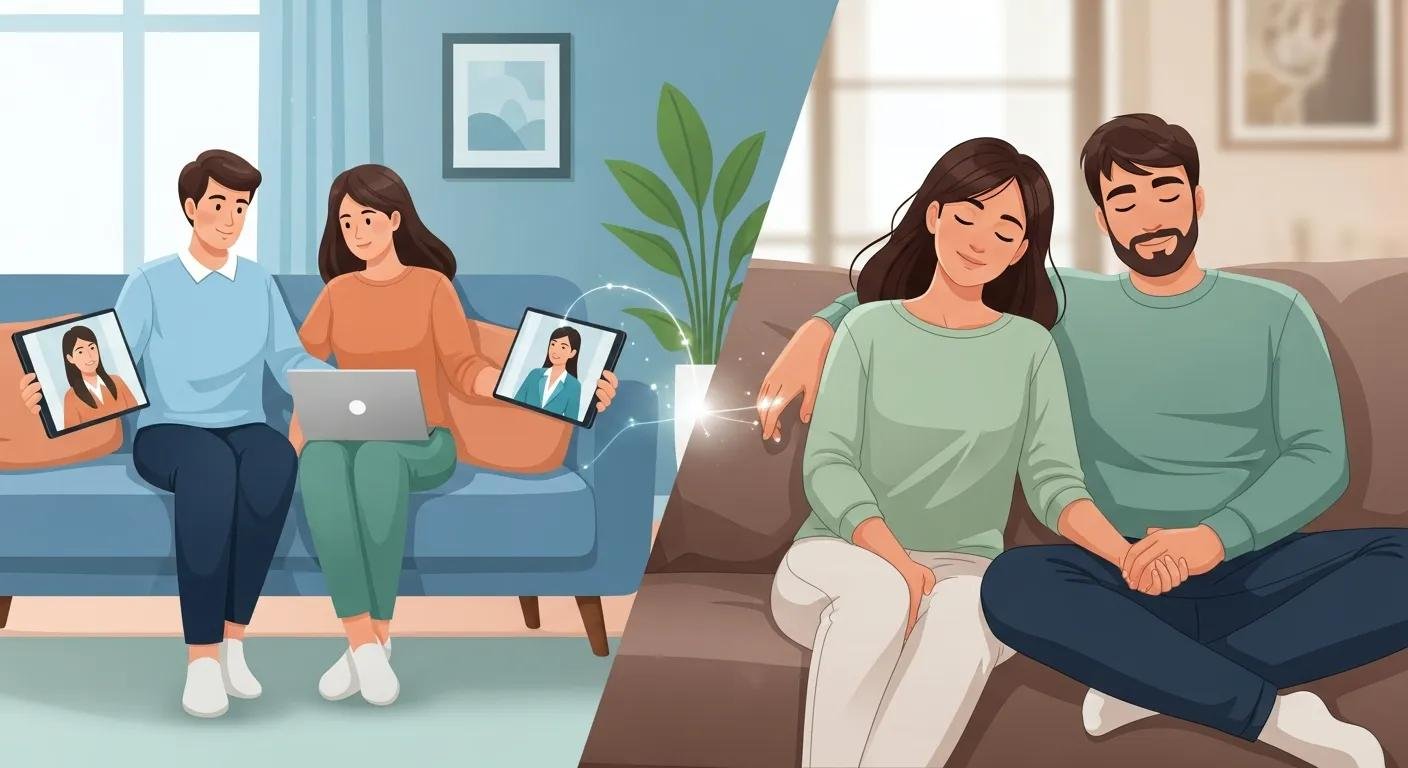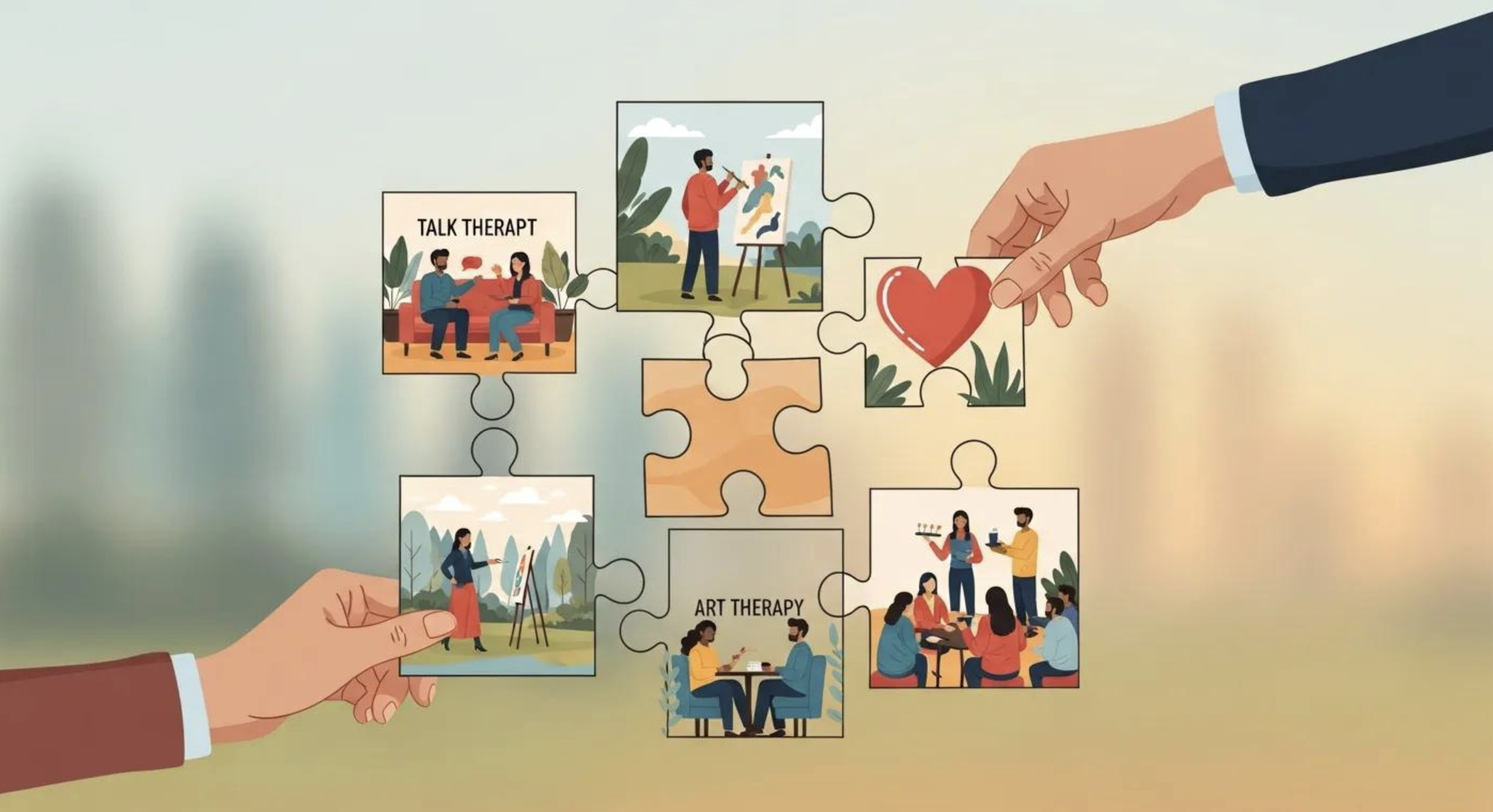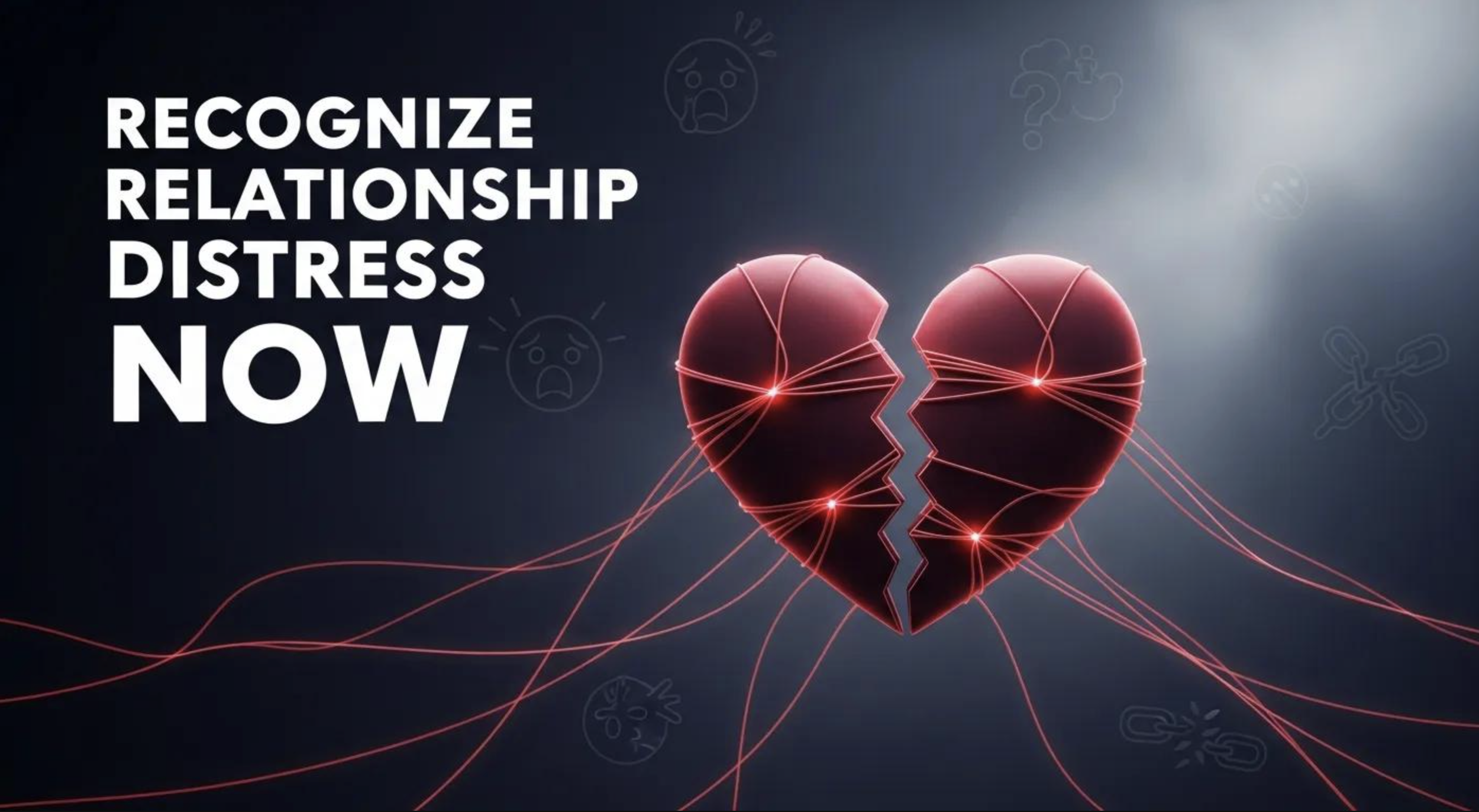
Online Therapy and Anonymity: Fostering Deeper Change Through Private Virtual Sessions
Online therapy is transforming the landscape of mental health support, making it more accessible and comfortable for many. By understanding how online therapy works, its benefits, particularly its emphasis on privacy and anonymity, individuals can take proactive steps toward improving their mental well-being in a secure and confidential environment.

What to Look for in an Online Therapist in Tennessee: Your Essential Guide Before Booking
Finding the right online therapist in Tennessee can significantly enhance your mental health journey by providing tailored support and effective therapeutic approaches. Understanding the costs, insurance coverage, and trusted platforms empowers you to make informed decisions that align with your needs. By exploring options like Clarity Therapy, you can access specialized care that fosters meaningful connections and transformative experiences. Take the next step towards better mental health by researching and booking your online therapy session today.

Online Therapy in Tennessee: Who It's For, How It Works, and More
Online therapy, also known as teletherapy or e-therapy, has emerged as a convenient and effective way to access mental health support. In Tennessee, this modern approach to therapy is gaining popularity, offering flexibility and accessibility to individuals across the state. This comprehensive guide will explore everything you need to know about online therapy in Tennessee, including its benefits, how it works, and important considerations.

Effectiveness of Online Couples Therapy
Online couples therapy has emerged a viable alternative to traditional in-person counseling, especially in the wake of the COVID-19 pandemic. This article explores the effectiveness of online couples therapy, specifically for couples in Tennessee, and what they should know before embarking on this journey.









Signs You Need Marriage Counseling: Get Local Help Today
Warning signs of relationship distress, practical advice on when to seek couples therapy, and straightforward explanations of how therapy restores communication and trust. You’ll find a short red‑flag checklist, quick self‑checks for communication and emotional distance, and realistic expectations about outcomes and next steps all presented so you can decide whether professional support is the right move.

Improve Your Marriage: Top Murfreesboro Therapy Options
If you’re looking for local support, Clarity Therapy, offers faith-friendly couples and marriage counseling in Franklin and Murfreesboro. Our clinicians focus on rebuilding communication and trust in a safe, respectful way. The sections that follow begin with the core communication skills that prevent and resolve recurring conflict.

PATH Groups Launches in Tennessee
BRAVE is a 12-week virtual men’s group for men across Tennessee who are tired of performing and ready to live with depth, purpose, and real connection.

Navigating Divorce and Co-Parenting Well: A Therapeutic Roadmap
Divorce is one of life’s most painful transitions—and when children are involved, the process can feel even more complex. At Clarity Therapy in Murfreesboro, we specialize in helping couples move from conflict and confusion to clarity and collaboration.
This therapeutic plan outlines how we help families navigate divorce while prioritizing emotional healing, stability, and child-centered co-parenting.

Navigating Family and Relationship Tension This Holiday Season | Therapy in Murfreesboro, TN
The holidays are supposed to bring joy and togetherness—but for many people in Murfreesboro, TN, they also bring stress, tension, and emotional exhaustion. Family gatherings can reopen old wounds, highlight differences, or trigger patterns that make it hard to stay calm and connected.
At Clarity Therapy Murfreesboro, we understand how emotionally complicated this time of year can be. Our licensed therapists help individuals, couples, and families manage holiday anxiety, relationship tension, and family stress, using evidence-based approaches like Emotionally Focused Therapy (EFT) and Family Systems Therapy.

How Attachment Wounds Show Up in Our Intimate Relationships
Every one of us carries an invisible blueprint for love — our attachment style. It forms in childhood through our earliest experiences of connection, comfort, and trust. When those early experiences are inconsistent, neglectful, or painful, we can develop attachment wounds — emotional injuries that quietly shape how we relate to others as adults.
Attachment wounds aren’t a sign of weakness. They’re evidence that we longed for connection and, at some point, didn’t get what we needed. In intimate relationships, these wounds often resurface in ways that can confuse or frustrate both partners.

Clarity Therapy Marks One Year of Growth, Expands Focus on EFT-Informed Couples Counseling in Middle Tennessee
Clarity Therapy, a counseling practice co-founded by Robert Russell, MMFT, celebrates one year serving couples in Murfreesboro, Franklin, and Middle Tennessee. The practice focuses on Emotionally Focused Therapy (EFT) to help couples reconnect with courage, integrity, and authenticity.

From Trauma and Fear to Paranoia: Understanding the Link and How to Heal
Unprocessed trauma and persistent fear can take a serious toll on our mental health. Many trauma survivors – including those with PTSD or complex trauma – struggle with hypervigilance (always being “on alert”) and even feelings of paranoia in their daily lives. In other words, the same survival instincts that once protected you can become overactive, making you anxious or suspicious even in safe situations. This article explores how trauma affects the brain, why hypervigilance, anxiety, and paranoia often go hand-in-hand, and what you can do to heal. We’ll also provide practical tips (like cognitive-behavioral therapy (CBT) exercises and mindfulness practices) to help you or your loved ones manage symptoms. Whether you’re in Murfreesboro or anywhere else, understanding these effects can empower you to seek the right support for recovery.
